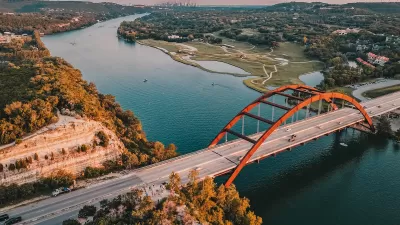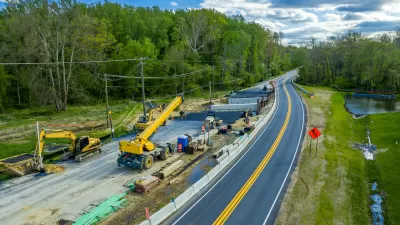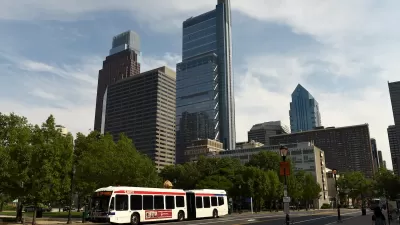Think a city's road network is a result of rational planning? Well, think again. After analyzing over 300 cities -- both old and new -- scientists have discovered that cities tend to grow like organisms, and follow a similar mathematical pattern.
"Next time you are lost in an unfamiliar city, console yourself with the knowledge that the layout of its roads are probably much the same as in any other.
French and US physicists have shown that the road networks in cities evolve driven by a simple universal mechanism despite significant cultural and historical differences. The resulting patterns are much like the veins of a leaf.
Marc Barthélemy of the French Atomic Energy Commission in Bruyères-le-Châtel and Alessandro Flammini of Indiana University, US, analysed street pattern data from roughly 300 cities, including Brasilia, Cairo, Los Angeles, London, New Delhi, and Venice.
They found that cities' road patterns have a lot in common mathematically, as well as looking similar to the eye."
FULL STORY: City road networks grow like biological systems

Trump Administration Could Effectively End Housing Voucher Program
Federal officials are eyeing major cuts to the Section 8 program that helps millions of low-income households pay rent.

Planetizen Federal Action Tracker
A weekly monitor of how Trump’s orders and actions are impacting planners and planning in America.

Ken Jennings Launches Transit Web Series
The Jeopardy champ wants you to ride public transit.

California Invests Additional $5M in Electric School Buses
The state wants to electrify all of its school bus fleets by 2035.

Austin Launches $2M Homelessness Prevention Fund
A new grant program from the city’s Homeless Strategy Office will fund rental assistance and supportive services.

Alabama School Forestry Initiative Brings Trees to Schoolyards
Trees can improve physical and mental health for students and commnity members.
Urban Design for Planners 1: Software Tools
This six-course series explores essential urban design concepts using open source software and equips planners with the tools they need to participate fully in the urban design process.
Planning for Universal Design
Learn the tools for implementing Universal Design in planning regulations.
Ada County Highway District
Clanton & Associates, Inc.
Jessamine County Fiscal Court
Institute for Housing and Urban Development Studies (IHS)
City of Grandview
Harvard GSD Executive Education
Toledo-Lucas County Plan Commissions
Salt Lake City
NYU Wagner Graduate School of Public Service





























